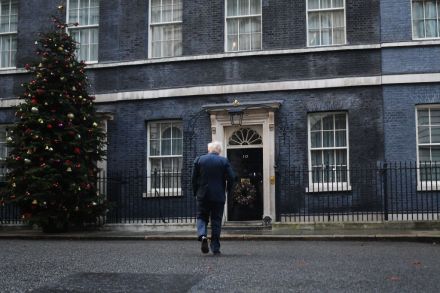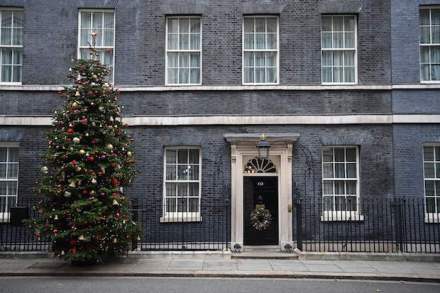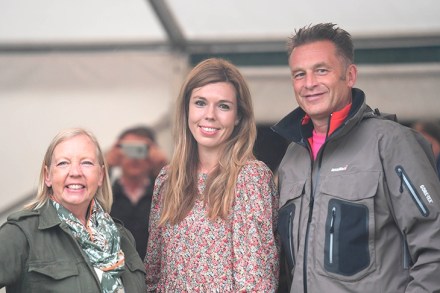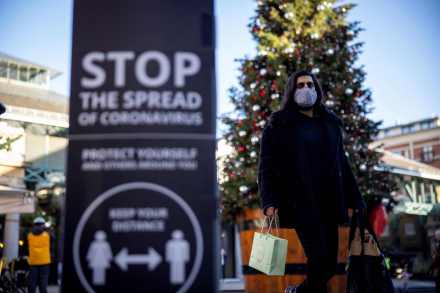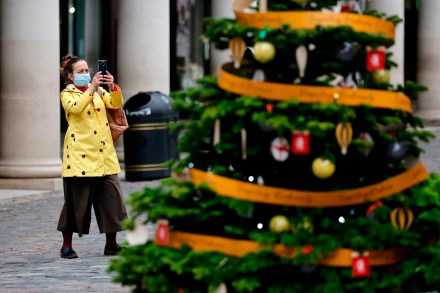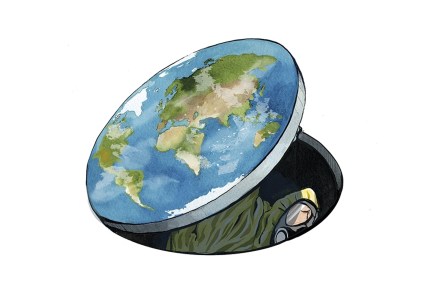Boris Johnson’s Christmas Covid gamble
Boris Johnson is taking a gamble with his decision to stick with the easing of Covid restrictions for Christmas. The gamble is that people will suddenly start adhering to government guidance and severely restrict their contact with their families, even though the law does not force them to do so. Although, as the Prime Minister argued at this afternoon’s press conference, the government’s current level of involvement in people’s lives is probably the strictest since Cromwell, it remains the case that it has repeatedly concluded this year that it has to force people to restrict their social contact, rather than ask them – whether that’s nicely or in the current
